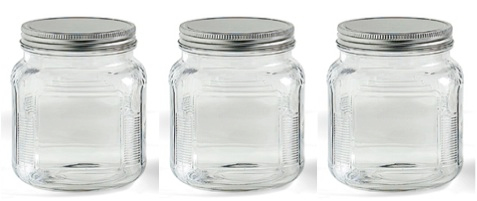Join us as we dive into our second instalment on what makes drinking water vital to optimal health.
We discussed in the last article how drinking water is vital for a healthy body. In the next two posts we are going to a look at water quality and whether all water is the same (e.g. bottled, mineral and still) and if it isn’t, which type of water is best to drink?
What’s in our Water?
First let’s look at water quality. Water is one of the only materials on earth which is indestructible, no matter what you do to it, it still exists, granted it may change form (from ice to liquid to steam), however the fact remains that it still exists in some form.
That being said, water is still very vulnerable to outside influences, taking on the effects of whatever it is exposed to. For example, water in a mountain stream may often take on the colours of the rocks it passes over or water passing through a plumbing system may often absorb the copper (and other substances e.g. rust) from the pipes it passes through on the way to the kitchen tap.
The good news is there are ways to filter out any of these impurities (including chemicals like chlorine used by water treatment plants). One such way is by installing a water filter in your home.
Home water filters provide healthy water for you and your family, taking the dirty contaminants out and leaving the minerals in, for pure, clean and delicious water.
Water: The Sponge of Life
For a long time, it was thought to end there, however recent research by a Japanese Scientist, has shown that water is far more absorbent than first realised.
Our body, as our vehicle that helps us get around the earth, can only perform optimally when given optimal fuel (water and food). Just as the quality of fuel we put in our motor vehicle influences how well it performs, the same principle applies with the quality of fuel we put in our bodies.
Recent research by a Japanese Scientist called Dr Masaru Emoto, found that water has a cellular memory. Meaning water’s quality is directly influenced by the environment it is exposed too. Sure, we all knew that, however it goes a bit deeper.
In Dr Emoto’s research, water cells were photographed before and after being exposed to different environmental conditions affected by music, speech and even human emotions (e.g. Anger, Hatred, Gratitude etc.)
What they found is truly remarkable; the water cells were “beautiful” or “ugly” in structure depending on whether the music, words or thoughts they were exposed to were positive or negative. Dr Emoto’s research suggests that better water quality can be achieved through exposing water to prayer, music or even by attaching constructive written words to a container of water.
Fun Science Experiment
Here’s a great simple way to test out Dr Emoto’s research for yourself or with your class (if you’re a teacher). Get three empty jam jars. Fill each of them with three table spoons of rice. Fill up the rest of the jar with tap water. Then place a sticker on the first jar that says “Love”, a sticker on the second jar that says “Control” and a sticker on the third jar that’s says “Hate”. Then screw the lids on the three jars.
Place the jars about 50 cm apart, on a table or window sill where they won’t be disturbed. Then inform your class that every time they walk past the “Love” jar they are send it nothing but loving words, thoughts and actions (e.g. blowing kisses). The “Control” jar they are to ignore completely. Every time they walk past the “Hate” jar they can dump all their pent-up frustration, anger and resentment by sending “hateful” thoughts, words or actions onto it. That’s all.
After five weeks, take a look at what happens to the water in each of the three jars.
What are your views on water, is it simply a stagnant substance or is there more to water than people realise?
You might be interested in:
WIN! with SleekGeek as they ai...
A teen with the disorder describes how she see...
People question all the time whether beauty sleep ...


